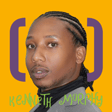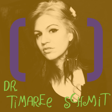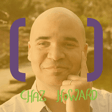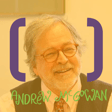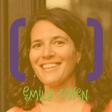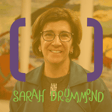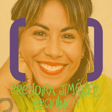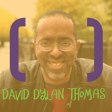
Mike Libunao-Macalintal: Reimagine Ritual. Process Things. Bear Witness.
Mike is the director of communications and the liturgical minister at Marquand Chapel, the ecumenical ritual space at Yale Divinity School. Holding the position through the COVID lockdowns, he mentors students learning about the role of ritual in religious and spiritual life in today’s world. He assumed the position only a few short years after he graduated from Yale Divinity School.
CONTENT WARNING: COVID, collective trauma, anti-asian racism, Trump
We talk about:
Transitioning from a student role to a staff role at the same institution
Building spiritual community during the pandemic
Helping transition spiritual community and learning toward a post-lockdown environment
The critical role of grieving in processing trauma
What makes a good burger
And how to make ritual experiences accessible to everyone
Subscribe to Mike’s Substack: https://helloimmikee.substack.com
Follow Mike on Instagram: www.instagram.com/helloimmikee
This program is produced in south west philadelphia, in the unceded neighborhood of the black bottom community and on the ancestral land of the Lenape nation, who remain here in the era of the fourth crow and fight for official recognition by the commonwealth of Pennsylvania to this day. You can find out more about the Lenape Nation of Pennsylvania and how you can support the revitalization of their culture by going to https://lenape-nation.org.
Visit this episode's sponsor, BVP Coffee, roasting high quality coffee that benefits HBCU students: https://bvp.coffee/uncommongoodpod
Visit this episode's sponsor, Poi Dog, chef Kiki Aranita creating sauces inspired by Hawaiian Cuisine: https://poidogphilly.com
we chat to ordinary people doing uncommon good in service of our common humanity.
we are creating community that builds relationships across difference by inviting dialogue about the squishy and vulnerable bits of life.
(un)common good with pauli reese is an uncommon good media production, where we make spirituality accessible to everyone and put content on the internet to help people stop hating each other.
thanks for joining us on the journey of (un)common good!
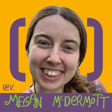

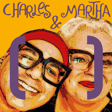
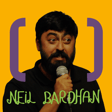
![BONUS: [moim] Gathering, David Rubenstein Atrium at Lincoln Center image](https://media.zencastr.com/cdn-cgi/image/width=112,quality=85/image-files/62b64321a33e0c0035b4bc2e/a5bd46bd-6072-4365-94bb-c1391a3e5105.jpeg)



